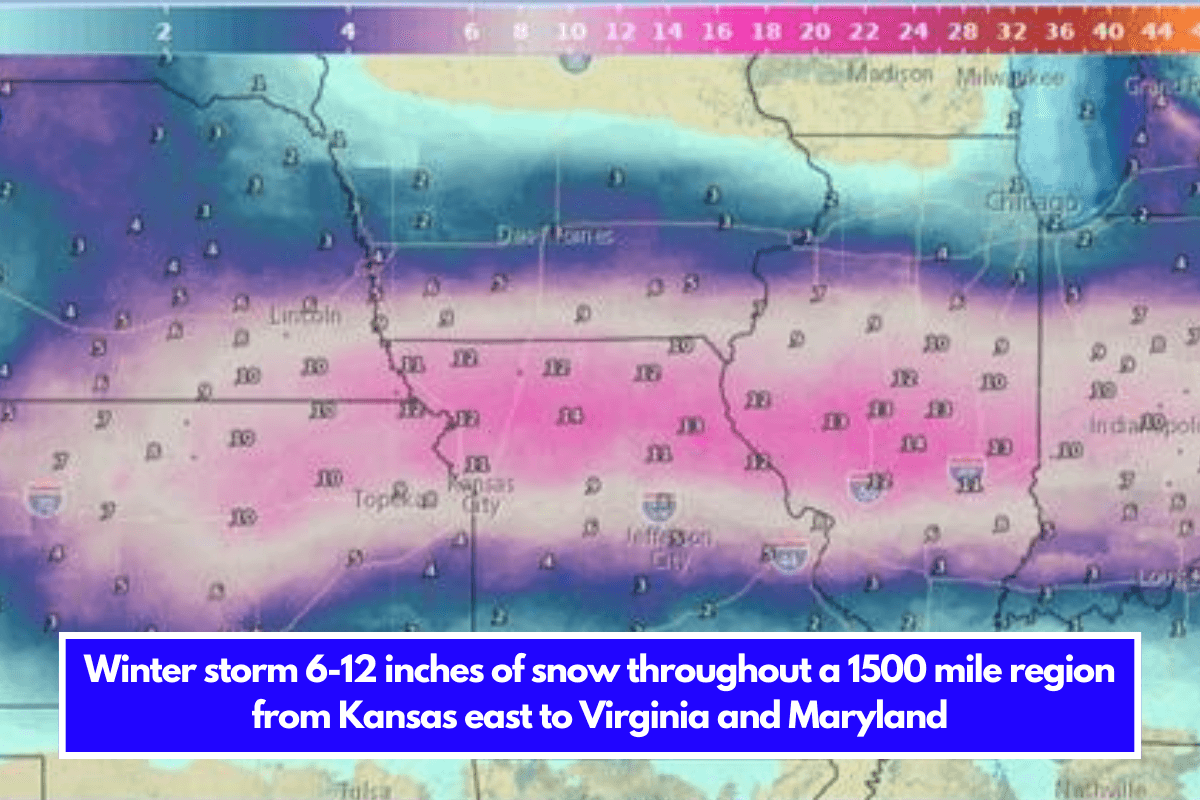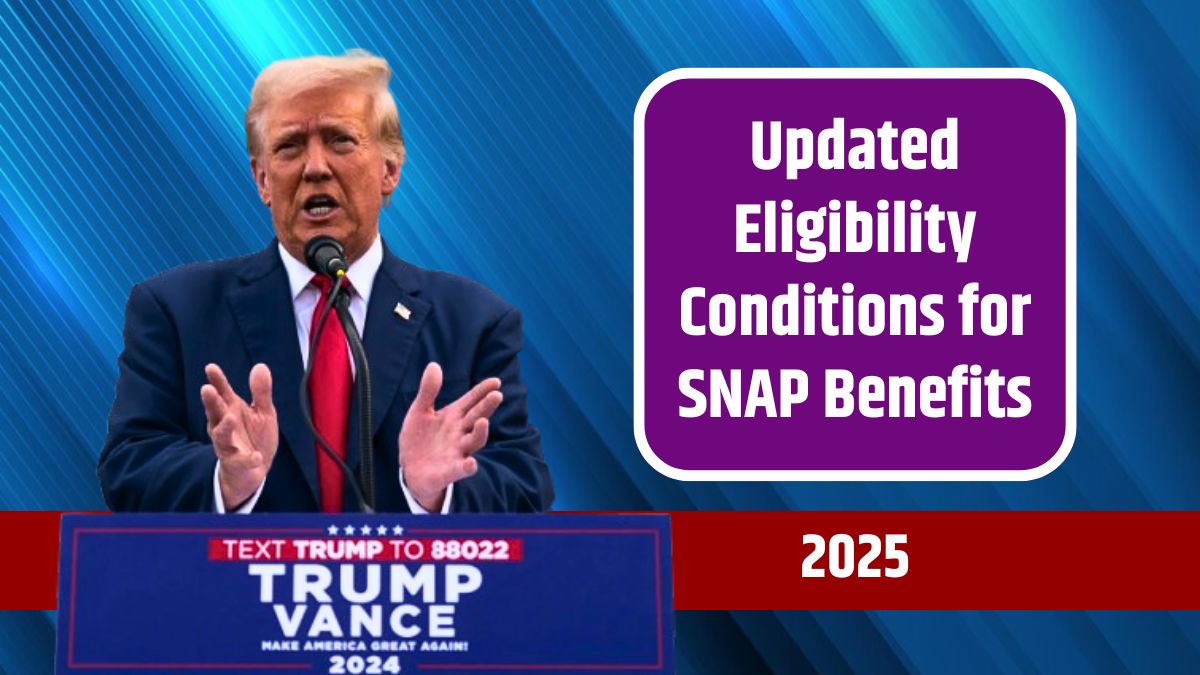A bill that would have raised millions of dollars to improve the maintenance and management of Michigan’s state parks died at the end of the most recent lame duck session.
While the Michigan State House is scheduled to reconvene on New Year’s Eve, lawmakers say no bills will be passed, bringing the Democratic Party’s two-year trifecta to a disappointing end for those hoping to see last-minute legislation reach the governor’s desk.
“Everything that was on the agenda in the House is dead,” House Speaker Pro Tem Laurie Pohutsky (D-Livonia) told reporters after the chamber adjourned last week.
This included a bill that would have altered the registration process for Michigan’s recreation passport, which grants vehicle access to state parks, recreation areas, and boat access sites.
Currently, when a Michigan resident renews their license plate with the Secretary of State, they check a box to purchase the recreation passport, which costs $14 for vehicles and $7 for mopeds and motorcycles. According to Michigan United Conservation Clubs (MUCC), approximately 38% of people in the state choose this option, which provides the Michigan DNR with approximately $42 million in funding for park operations and maintenance.
This year, House Bill 5428 proposed changing the ‘opt-in’ system to opt-out, which means Michigan residents would check a box to refuse to pay for the passport.
According to MUCC, the bill would have increased registration and generated an additional $21 million for the state parks system, which runs a yearly deficit.
“Unfortunate,” said Kevin Walberg, a Grand Haven resident walking his dog in Grand Haven State Park on Thursday. “I think [recreation passports] benefit Michigan as whole.”
Walberg, who owns a recreational passport, would have welcomed an opt-out system.
“Certainly anything they can do to keep the bathrooms a smidge cleaner would be greatly appreciated,” he said as he giggled.
At the end of this year’s legislative session, a number of other environmental bills were dead in the water.
A state septic code called for regular inspections and repairs.
An affordable drinking water plan would have added two dollars to Michigan residents’ monthly water bills, allowing the less fortunate to turn on the faucet at a reduced rate.
Fifteen words from the Michigan Natural Resources and Environmental Protection Act would have been highlighted in red pen, allowing lawmakers to better respond to PFAs and algal blooms.
“Michigan has become — or has long been — an environmental leader, thanks in part to bipartisan support. “To see everything fall through was extremely frustrating,” said Beau Brockett, communications manager for the Michigan Environmental Council. “There was a bit of a sense of betrayal.”
Brockett believes that revised versions of these bills will be more likely to pass in the next legislative session, once Republicans take control of the state house.
“Let’s get something started,” he said. “We know Republicans and Democrats are interested on the issue and when we can show that these things that we’ve enacted are working, we can work on expanding them to a bolder, better version of themselves.”
If the ‘opt-out’ bill for Michigan’s recreation passport is reintroduced, Brockett says he has “hope.”
“Bipartisanship is totally there,” he claimed.





















